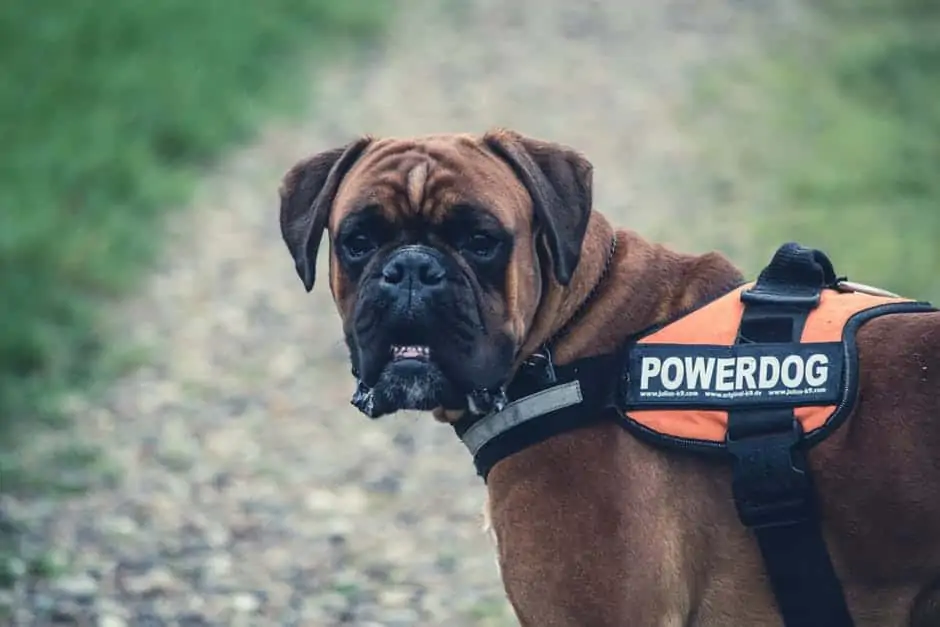
If you are in search of a pet dog companion, boxers are an excellent choice. This short-snouted dog breed is a standout when compared to most of the other dogs in the brachycephalic family. Boxers are often highly rated for their playfulness, energy, character and temperament. Here are some tips to take care of this brilliant short-snouted dog breed.
Grooming
Since boxers are short coated, you do not have to invest a considerable amount of time and effort for grooming them. They do not need an aggressive bath schedule and nothing more than an occasional gentle wipe-down. Just groom him a couple of times per week to maintain the glossiness in his coat. Perform regular checks for flea and ticks throughout the grooming sessions.
Health and safety
Take along your boxer to a local veterinarian at least once a month. Ensure that your boxer is up to date on all the vaccinations. Keep the vaccination expiry dates in mind, for instance, the vaccines against tea and flick are given every six months and ideally twice a year. Since boxers belong to the short-snouted dog family, it is essential to keep an eye on him for any signs of breathlessness, eyeball ulceration, and other common brachycephalic health issues. If you do not have any plans to breed your boxer, you can neuter him with the help of a veterinarian.
Dental hygiene
Pet dental issues are major concerns for brachycephalic owners. It is imperative for you to ensure that your boxer maintains a good oral hygiene throughout the day. Brush him at least once a day to alleviate the concerns of any gum infections or tartar accumulation. Brushing your boxer’s teeth consistently will help you to maintain his teeth and gums in a healthy state. The main intergradient in human toothpaste “fluoride” is toxic for dogs; hence do not use human toothpaste to brush your boxer. Get some dog toothpaste referrals from your veterinary or a vet medical clinic in your locality.
What not to feed your boxer
If you have a considerable amount of experience raising pet dogs, you already know the list of food to stay away from. However, I would like to list down a few, which can be easily accessible in your household.
- Chocolate
- Grape
- Citrus fruits
- Raw meat and bones
- Anything salty
If you find that your boxer has consumed any of these food items and if he shows signs of distress like breathing difficulties or excessive panting, take him to a local veterinarian as soon as possible.
Make his crate as cozy as possible
Crate training your boxer can be an easy task if you stick to the following tips:
- Take time in accustoming him to the concept of crates and never use the crate as a means to punish him.
- Do not lock the crate unless and until it’s an absolute necessity, you can always encourage him to stay inside his crate by giving treat stuffed toys and a cozy bed.
- Ensure that the crate is sufficiently large enough for him to stand without any difficulty and provide him with comfortable bedding in the form of a soft bed or folded blankets.
- Clean his crate at least twice per week.
Boxers can be an excellent gift for dog lovers. Give him a quality diet and plenty of fresh water throughout the day. It is also essential for you to spend some quality time with him and exercise him regularly.
